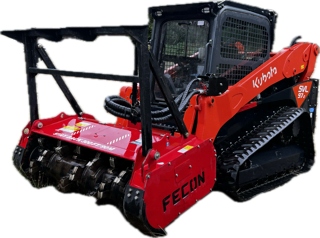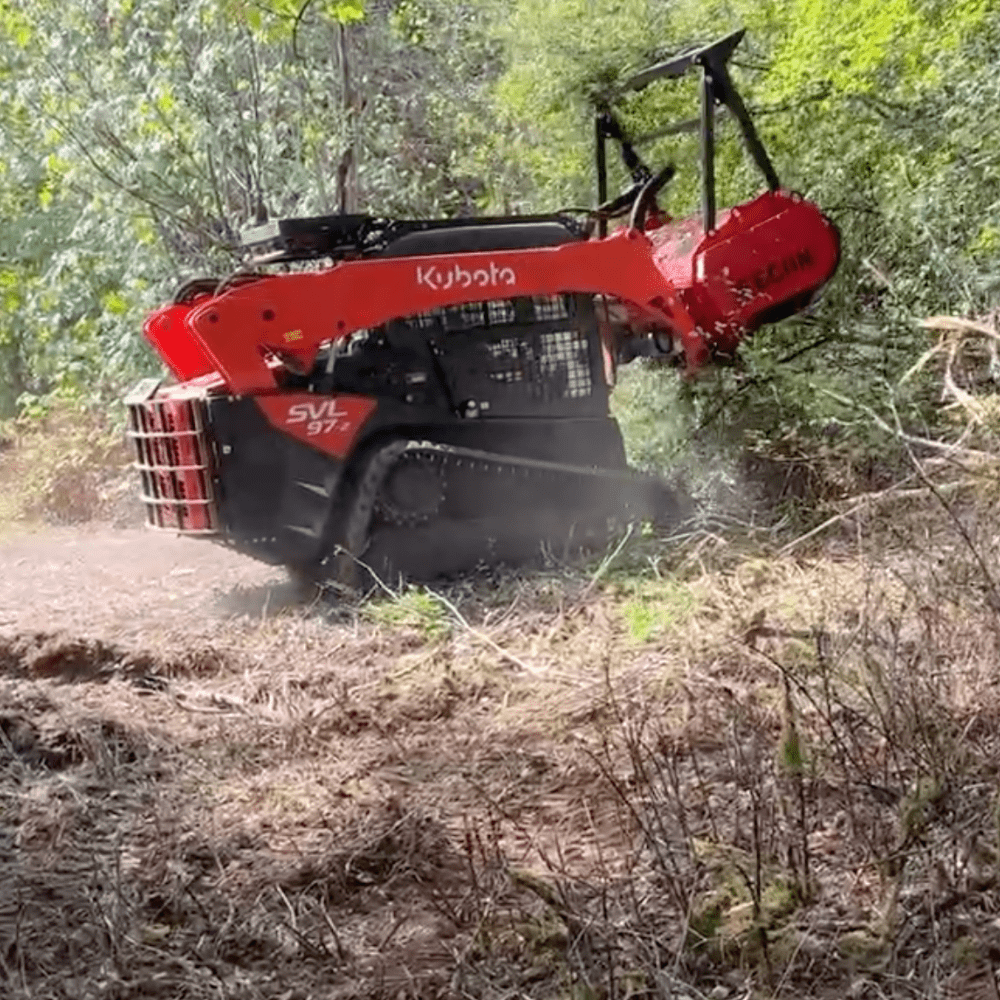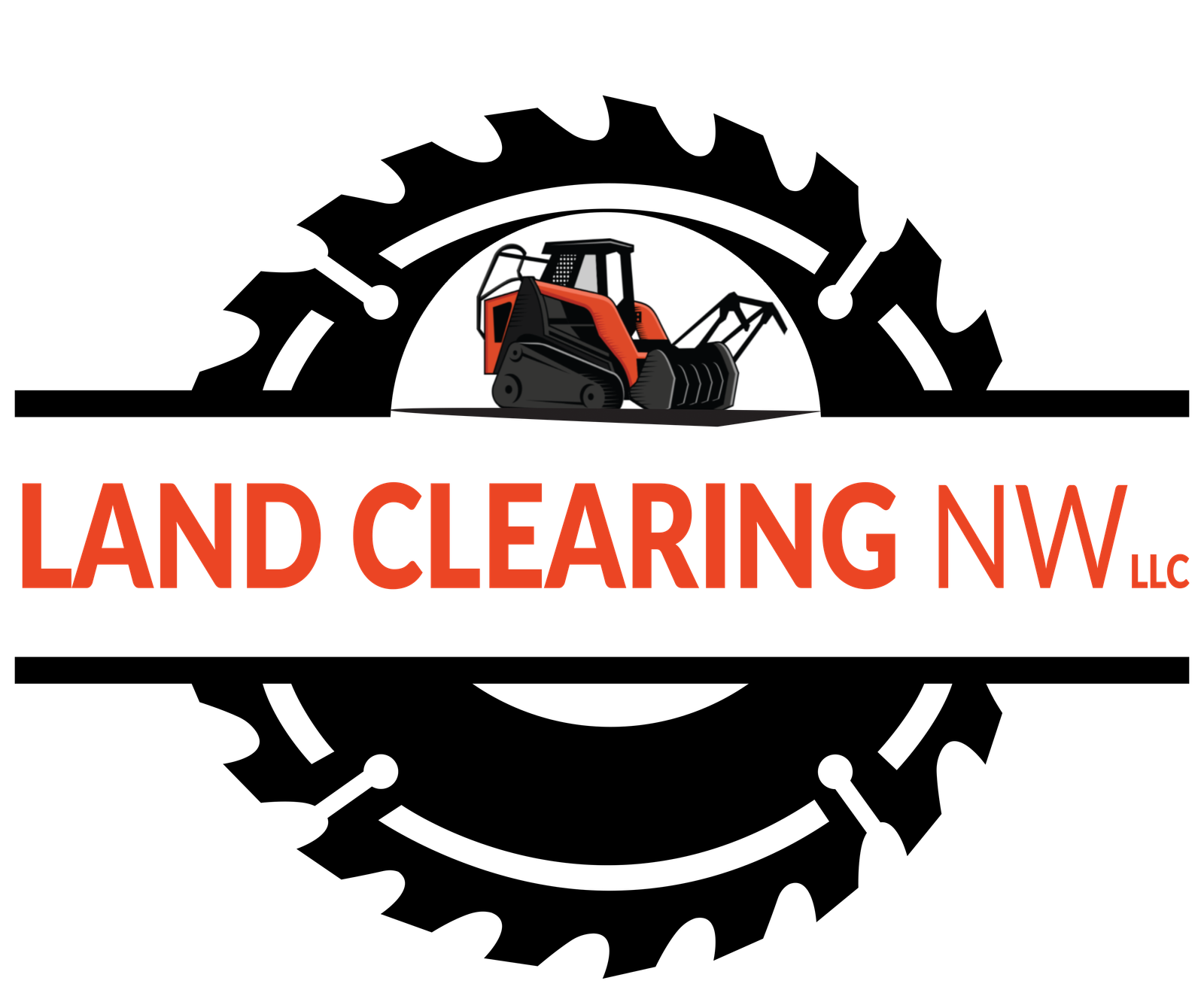Field Pasture Restoration in Washougal, WA

Get a free estimate

Services
Field Pasture Restoration in Washougal, WA
Field Pasture Restoration: Expert Guide for Washougal, WA in 2024
Introduction
Field pasture restoration in Washougal, WA focuses on reviving and managing pastures and fields to promote healthy ecosystems and productive agricultural land. This comprehensive guide will discuss the importance of field pasture restoration, its benefits, and effective methods to restore and maintain your pastures.
For those looking for professional services in this area, consider Land Clearing NW for expert assistance.
Top Field Pasture Restoration Methods
Soil Testing and Treatment
Soil testing is the first step in field pasture restoration. It helps in understanding nutrient deficiencies and soil composition. Based on the test results, appropriate soil amendments like lime, fertilizers, and organic matter can be added to improve soil health.
Seeding and Overseeding
Introducing native grasses and legumes can significantly enhance pasture productivity and biodiversity. Overseeding existing pastures can help fill gaps and increase plant density.
Grazing Management
Implementing rotational grazing systems ensures that pasture plants have time to recover and regrow. This method increases forage availability and maintains soil structure.
Weed and Brush Control
Mechanical or chemical methods can control invasive weeds and brush that compete with desirable pasture plants. Proper weed management promotes the growth of nutritious forage species.
Irrigation Management
Efficient water management can boost pasture productivity, especially during dry seasons. Installing irrigation systems or improving existing ones ensures even water distribution.
For detailed information on the various services available, visit Land Clearing NW’s brush clearing services. For authoritative insights, refer to Wikipedia’s page on vegetation management[1].
Choosing the Best Field Pasture Restoration Provider
Qualifications to Look For
- Experience: Providers with a proven history of successful field restoration projects.
- Certified Agronomists: Professionals with expertise in soil science and pasture management.
- Comprehensive Services: Providers offering a full range of services from soil testing to ongoing maintenance.
- Client References: Positive testimonials and endorsements from previous projects.
Questions to Ask Providers
- What methods do you use for soil improvement?
- How do you manage weed and brush control?
- Can you provide a detailed timeline and cost estimate?
- Do you offer follow-up services?
Red Flags
- Lack of transparency in service descriptions and pricing.
- Poor customer reviews.
- No certified professionals on staff.
- Incomplete service offerings.
For trusted providers, explore Land Clearing NW’s About Us page. Additionally, consult the American Society of Agronomy for professional certifications.
Field Pasture Restoration Costs
Average Prices in Washougal
The cost of field pasture restoration in Washougal ranges from $1,000 to $5,000 per acre, depending on the condition of the pasture and the specific services required.
Factors Affecting Cost
- Pasture Size: Larger areas typically involve higher costs.
- Soil Condition: Heavily degraded soils may require extensive amendments.
- Weed and Brush Density: Higher densities increase labor and treatment costs.
- Equipment Needs: Specialized equipment like aerators and seed drills can add to the cost.
Money-Saving Tips
- Schedule services during non-peak seasons.
- Request detailed estimates from multiple providers.
- Opt for bundled services to reduce overall costs.
For personalized quotes, contact Land Clearing NW’s contact page. For cost comparisons, check out HomeAdvisor’s cost guide.
Field Pasture Restoration Regulations in Washougal, WA
Local Requirements and Permits
Restoration activities in Washougal may require certain permits, especially if they involve significant land alteration or the use of chemicals.
Environmental Considerations
- Protected Areas: Ensure that restoration efforts do not affect nearby protected ecosystems.
- Chemical Use: Follow guidelines for the safe application of herbicides and fertilizers to prevent environmental contamination.
For detailed local regulations, visit the City of Washougal’s community development page. For updates on environmental regulations, visit Clark County’s public works department.
Preparing for Field Pasture Restoration
Preparation Checklist
- Conduct Soil Tests: Identify and address soil deficiencies before restoration.
- Clear Debris: Remove any debris and large obstacles from the field.
- Mark Boundaries: Clearly define the restoration area.
- Notify Neighbors: Inform them of upcoming restoration activities.
Tips for Smooth Service
- Confirm the schedule and specific services with your provider.
- Ensure access points for machinery are clear.
- Arrange for any necessary water sources for irrigation.
Safety Measures
- Follow all safety guidelines provided by your service provider.
- Wear appropriate protective gear if involved in manual tasks.
- Ensure proper disposal of any chemical containers.
For detailed preparation guidelines, visit Land Clearing NW’s services page. For safety guidelines, refer to OSHA’s resources.
Post-Restoration Management
Best Practices After Service
- Regular Monitoring: Check for signs of weed regrowth and plant health.
- Grazing Management: Implement rotational grazing to maintain plant health.
- Soil Testing: Periodically test soil to monitor nutrient levels and address deficiencies.
Follow-Up Options
- Regular maintenance visits from your service provider.
- Seasonal soil amendments and reseeding as needed.
- Ongoing weed and brush control.
Maintenance Tips
- Maintain proper soil moisture through effective irrigation.
- Keep livestock numbers in check to prevent overgrazing.
- Fertilize as necessary to sustain pasture productivity.
For ongoing maintenance needs, visit Land Clearing NW’s field and pasture restoration services. For best practices, check out this related resource on sustainable agriculture[2].
Field Pasture Restoration Case Study
A significant project undertaken by Land Clearing NW involved restoring a fifty-acre pasture in Washougal, WA. The challenge included degraded soil, invasive weeds, and poor drainage.
The team:
- Conducted extensive soil testing and added necessary amendments.
- Implemented a rotational grazing plan to prevent overgrazing.
- Used mechanical and chemical methods to control invasive weeds.
- Installed an efficient irrigation system to support plant growth.
The project resulted in improved soil health, increased forage production, and enhanced pasture resilience. For more projects, visit Land Clearing NW’s Washougal location page.
Expert Field Pasture Restoration Tips
Professional Advice from Land Clearing NW Experts
- Start with Soil Testing: Use test results to guide your restoration efforts.
- Implement Sustainable Practices: Use rotational grazing and cover crops to maintain soil health.
- Monitor Regularly: Keep track of plant health and soil conditions.
Common Mistakes to Avoid
- Skipping soil testing.
- Ignoring the importance of weed control.
- Overgrazing without rotating livestock.
Industry Trends
- Increasing use of compost and organic matter for soil health.
- Adoption of precision agriculture for efficient resource use.
- Integration of cover cropping to prevent soil erosion.
For more expert tips, check related Land Clearing NW blog posts. For recent trends, explore this industry report on sustainable agriculture[3].
Field Pasture Restoration FAQs
1. How long does field pasture restoration take?
It depends on the pasture’s condition and the extent of restoration needed. It can range from a few weeks to several months.
2. Is soil testing necessary?
Yes, soil testing provides essential information about nutrient deficiencies and guides appropriate soil amendments.
3. Can pastures be restored year-round?
Spring and fall are ideal for restoration activities due to favorable temperature and moisture conditions.
4. How do I control invasive weeds?
Combine mechanical removal with appropriate herbicides and regular monitoring.
5. What are the benefits of rotational grazing?
Rotational grazing helps in maintaining plant health, improving soil structure, and increasing forage availability.
For further details, visit the Land Clearing NW FAQ page.
Conclusion
Effective field pasture restoration in Washougal, WA involves choosing the right methods, understanding costs, complying with local regulations, preparing adequately, and maintaining the restored pasture. Trust Land Clearing NW to provide comprehensive and expert services.
To get started, contact Land Clearing NW today!

